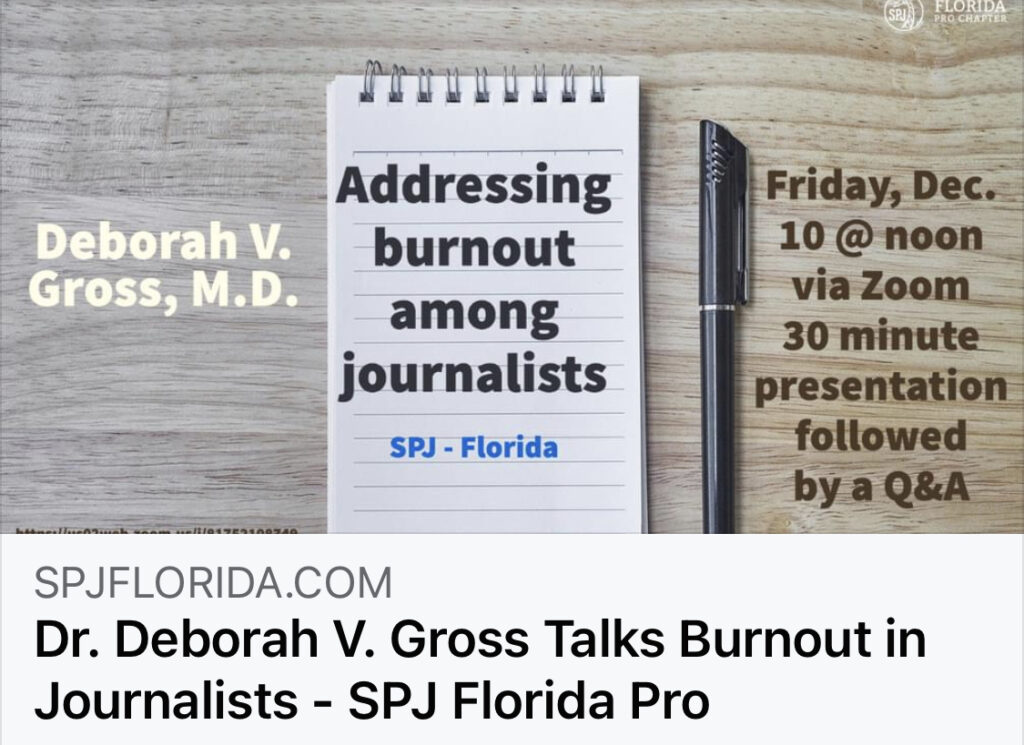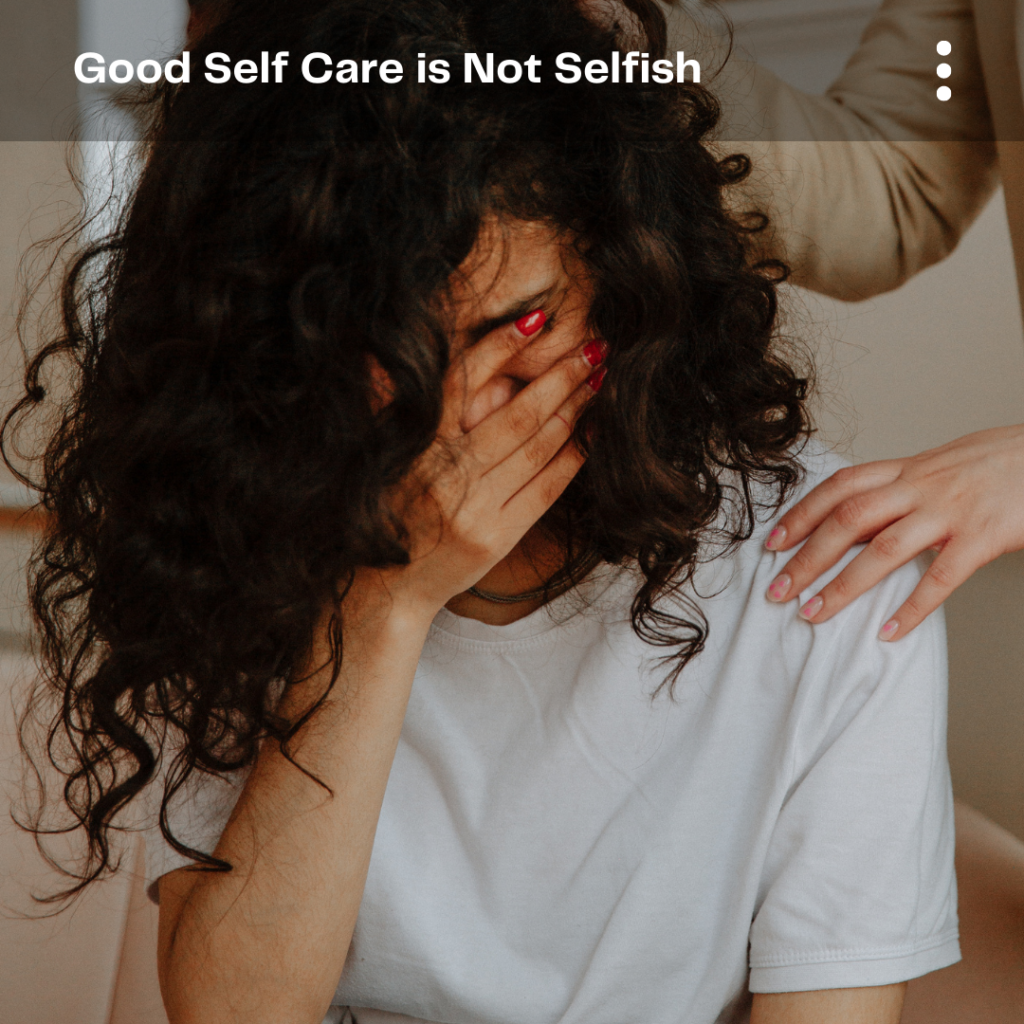
Opioid addiction is an epidemic.
That line appears in headlines, news stories and online conversations in modern media. Opioid dependency has become so common and widespread that we now have put it in the same leagues as smallpox and polio outbreaks of the past and it’s still gaining speed. With every year, the numbers increase and we see the statistics become more and more troubling.
Drug overdoses are the current leader in accidental deaths in the United States and the majority of these deaths are caused by opioid use. According to the National Institute on Drug Abuse, 90 people a day die from overdosing on opioids, adding up to 20,101 overdose deaths due to prescription drugs and 12,990 overdose deaths due to heroin in 2015 alone. Combined, opioid-related overdose deaths take up nearly half of the reported accidental overdose casualties from 2015, putting it ahead of every other drug category on the market.
The number of opioid dependency cases in the United States is just as staggering. The world of opioid addiction treatment and research estimated approximately 2 million prescription pain reliever users and 591,000 heroin users out of the 20.5 million drug dependent people cataloged in 2015. This number has been growing in parallel with the number of prescription pain relievers sold. In the past ten years, the number of overdose deaths and prescription pain reliever sales has quadrupled. This correlation may not be proof of the cause of these rising numbers, but it does show that there is a commonality in the trend between the data.
Prescription pain relievers are a big player in the opioid crisis as four out of five people with opioid dependency site these drugs as the starting point of their addiction. These prescriptions from doctors account for nearly all overdose incidents involving pain relievers. Many people who have had surgery or an injury and were prescribed opioid-based pain relievers to manage pain symptoms, find themselves struggling with some form of dependence. While not all of these patients get to the point where they require treatment for opiate addiction, there are many that will have difficulty with withdrawal discomfort and continued cravings that might need a specialist’s intervention.
Overcoming the statistics for opioid addiction and overdose may seem impossible when you’re already struggling with your addiction, but Pathway Healthcare is here to help people fighting opioid addiction and dependency. We work to reduce the numbers of victims of opioid abuse by using proven methods of therapy combined with medication to give patients the best chance at recovering. By providing a welcoming, supportive environment, our staff hopes to give every patient a chance at reaching their recovery goals. When you need substance abuse treatment in Jackson, MS, Pathway Healthcare can give you the care you need.
Call Pathway Healthcare to schedule an appointment and learn more about the services available through our facility.



